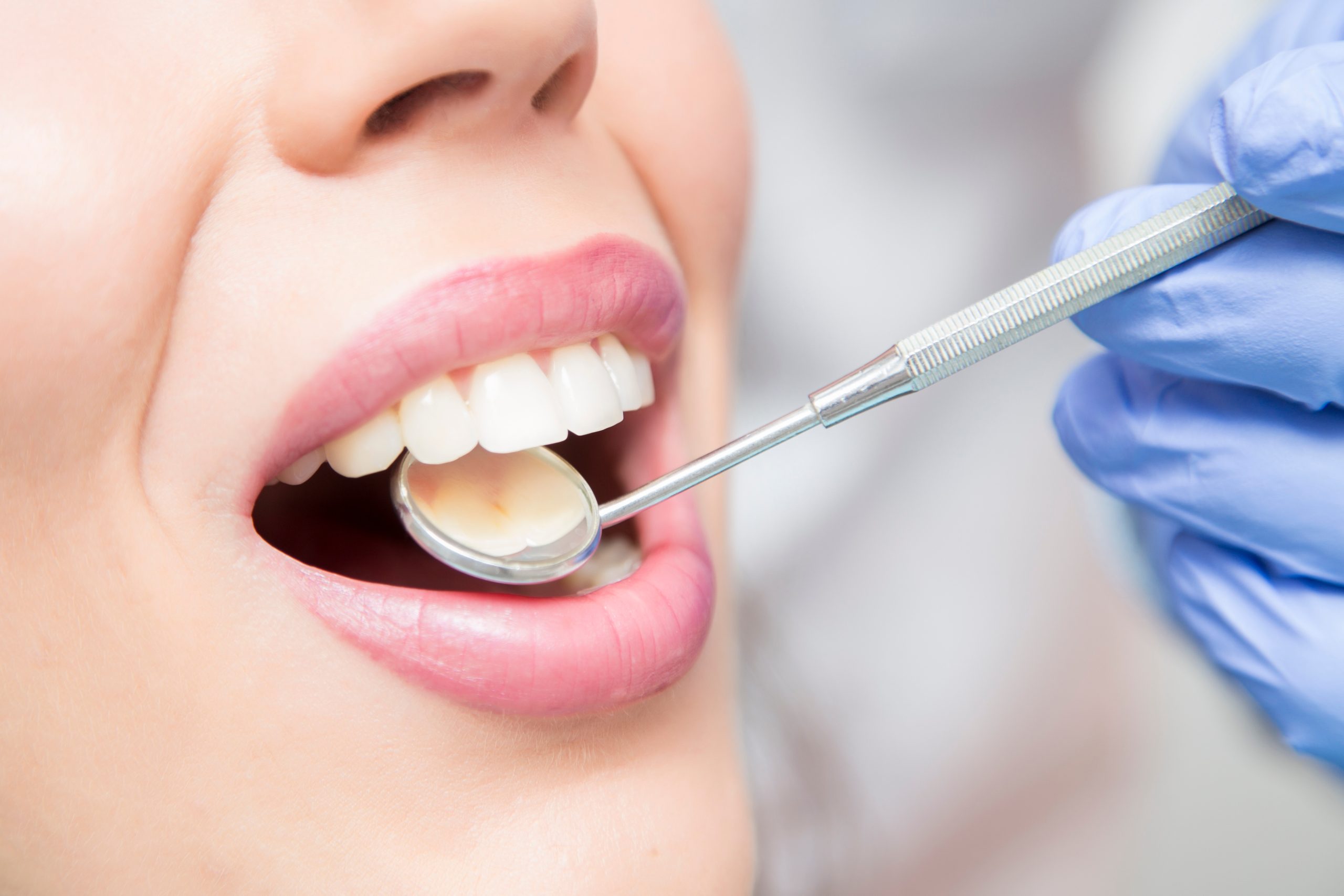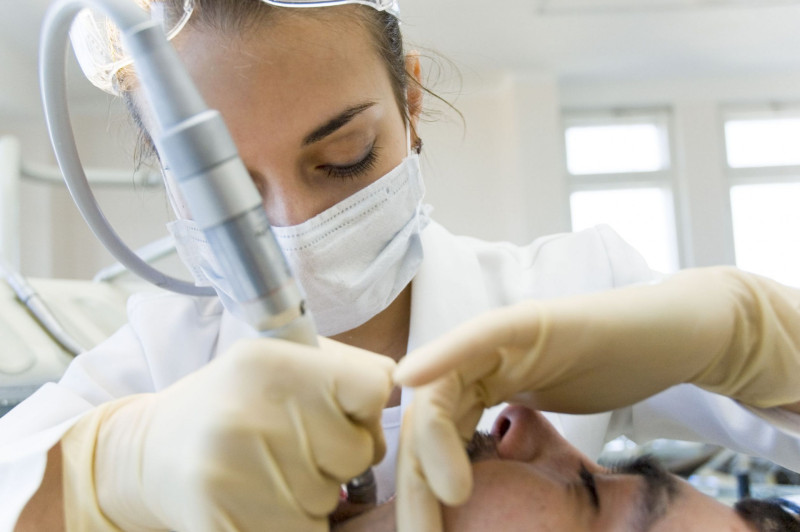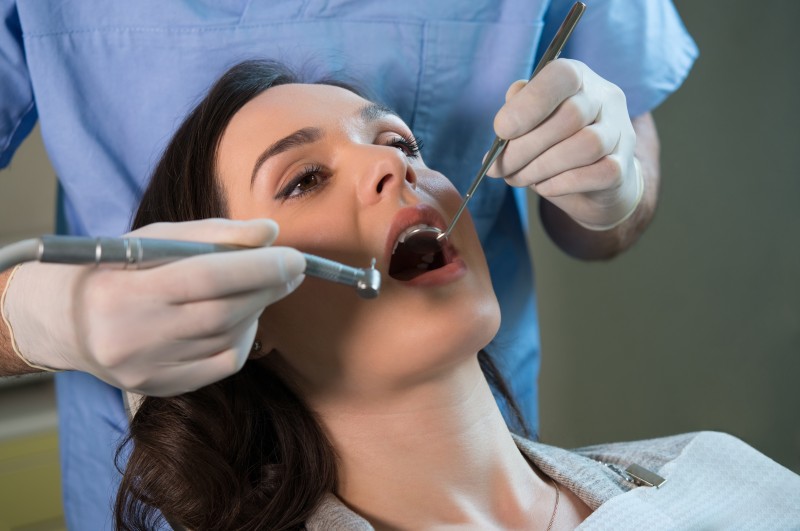A children’s dentist in St Peter MN provides tips to parents on how to keep their youngsters’ teeth healthy. New parents may feel confused about the types of oral hygiene that are important for little children and when those methods should begin. General habits aside from brushing and flossing also must be addressed. For example, babies may be accustomed to regularly drinking milk or juice from a bottle. Dentists generally advise parents to break this habit by the age of 6 months. The child can switch to drinking from a sippy cup or a straw at more scheduled times. Babies shouldn’t go to bed with a bottle of any liquid containing sugar, and that includes milk. They fall asleep with a sugary substance bathing their teeth, which is a significant risk factor for tooth decay.
A child typically is able to brush teeth without help or supervision by the age of 5 or 6. Some master these fine motor skills as early as 4 years of age, but parents will want to make sure the child isn’t swallowing toothpaste when brushing. Before this age, they’ll need to teach the youngster how to deliberately spit. Fluoride toothpaste can be used before this age, but only a tiny amount should be placed on the brush. A dentist at a practice such as Business Name can offer more details on brushing and the use of fluoride toothpaste in toddlers and kids under kindergarten age.
A Children’s Dentist in St Peter MN is likely to recommend flossing at a much earlier age than parents traditionally have bothered with. Many parents never flossed their children’s baby teeth, but this can be helpful for preventing tooth decay. Young children aren’t likely to develop gum inflammation or gum disease, conditions that are more common in teenagers and adults who don’t floss regularly. Nevertheless, preventing cavities is essential, and it’s good to get the little ones in the habit of flossing so, it becomes second nature early on. In addition to brushing and flossing, dental sealants on the back teeth are often recommended, since the grooves in those teeth are more susceptible to decay.



